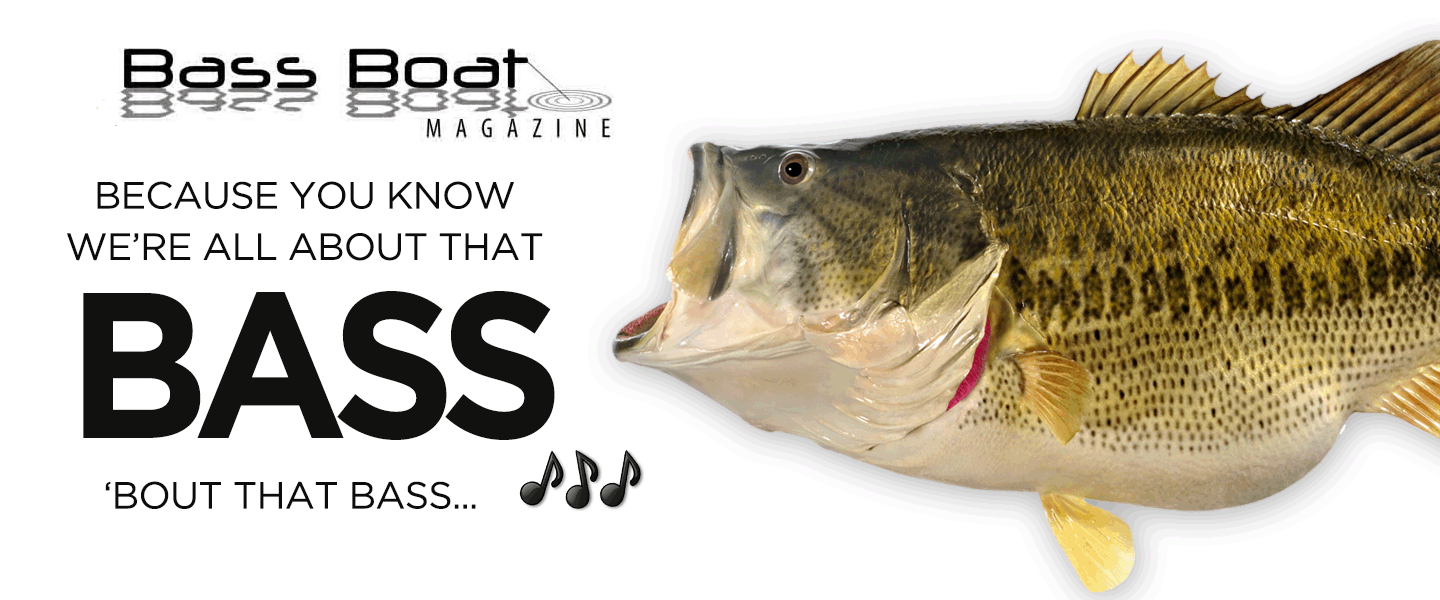- Joined
- Aug 9, 2010
- Location
- Coral Springs, Florida
Posted from the BASS site:
WASHINGTON, D.C. — The angling public and the fishing industry once again have beaten back an attempt to ban the manufacture and sale of fishing tackle containing lead.
This time around, the U.S. Environmental Protection Agency (EPA) denied a petition by the Center for Biological Diversity and four other groups.
"The sportfishing community applauds EPA's decision," said Gordon Robertson, vice president of the American Sportfishing Association (ASA). "It represents a solid review of the biological facts, as well as the economic and social impacts that would have resulted from such a sweeping federal action. It is a common sense decision."
In its letter to the groups, EPA said, "You have not demonstrated that the remaining action requested in your petition — a uniform ban of lead for use in all fishing gear — is necessary to protect against an unreasonable risk of injury to health or the environment, as required by TSCA (Toxic Substances Control Act) section 21. The petition also does not demonstrate that the action requested is the least burdensome alternative to adequately protect against the concerns, as required by TSCA section 6. Accordingly, EPA is denying your request for a ban on lead in all fishing gear."
Just as did organizations during the 1990s, these groups asserted that a ban was justified because significant numbers of water birds die from ingesting lead sinkers. Scientific research does not support that claim.
"The petitioners claim that lead is threatening loons across the nation, but several studies, including the most recent population study by the U.S. Fish and Wildlife Service, say that loon populations are either stable or increasing throughout most of their range," Robertson said.
In addition to a ban not being needed to protect wildlife, its implementation would have increased costs for both the fishing industry and anglers. Depending on the alternative metal used and current prevailing costs for raw materials, non-leaded fishing tackle products can cost from 10 to 20 times more than equivalent lead products. Also, some do not perform as well as their lead counterparts, and non-lead items are not always as readily available.
A combined effort helped convince EPA to deny the petition, Robertson explained, with 43,000 anglers providing comments "necessary to support the letters sent by organizations."
The Congressional Sportsmen's Foundation, The Association of Fish and Wildlife Agencies, the National Marine Manufacturers Association, and BoatU.S. took the lead, he added.
"Their letters asking for dismissal were instrumental in helping us get this done," Robertson said. "The letter from CSF was signed by 80 members of Congress, and that's really saying something."
American anglers also owe a debt of gratitude to B.A.S.S. members, Federation Nation members and visitors to this site who voiced their concerns about the proposed ban to their political representatives.
WASHINGTON, D.C. — The angling public and the fishing industry once again have beaten back an attempt to ban the manufacture and sale of fishing tackle containing lead.
This time around, the U.S. Environmental Protection Agency (EPA) denied a petition by the Center for Biological Diversity and four other groups.
"The sportfishing community applauds EPA's decision," said Gordon Robertson, vice president of the American Sportfishing Association (ASA). "It represents a solid review of the biological facts, as well as the economic and social impacts that would have resulted from such a sweeping federal action. It is a common sense decision."
In its letter to the groups, EPA said, "You have not demonstrated that the remaining action requested in your petition — a uniform ban of lead for use in all fishing gear — is necessary to protect against an unreasonable risk of injury to health or the environment, as required by TSCA (Toxic Substances Control Act) section 21. The petition also does not demonstrate that the action requested is the least burdensome alternative to adequately protect against the concerns, as required by TSCA section 6. Accordingly, EPA is denying your request for a ban on lead in all fishing gear."
Just as did organizations during the 1990s, these groups asserted that a ban was justified because significant numbers of water birds die from ingesting lead sinkers. Scientific research does not support that claim.
"The petitioners claim that lead is threatening loons across the nation, but several studies, including the most recent population study by the U.S. Fish and Wildlife Service, say that loon populations are either stable or increasing throughout most of their range," Robertson said.
In addition to a ban not being needed to protect wildlife, its implementation would have increased costs for both the fishing industry and anglers. Depending on the alternative metal used and current prevailing costs for raw materials, non-leaded fishing tackle products can cost from 10 to 20 times more than equivalent lead products. Also, some do not perform as well as their lead counterparts, and non-lead items are not always as readily available.
A combined effort helped convince EPA to deny the petition, Robertson explained, with 43,000 anglers providing comments "necessary to support the letters sent by organizations."
The Congressional Sportsmen's Foundation, The Association of Fish and Wildlife Agencies, the National Marine Manufacturers Association, and BoatU.S. took the lead, he added.
"Their letters asking for dismissal were instrumental in helping us get this done," Robertson said. "The letter from CSF was signed by 80 members of Congress, and that's really saying something."
American anglers also owe a debt of gratitude to B.A.S.S. members, Federation Nation members and visitors to this site who voiced their concerns about the proposed ban to their political representatives.

